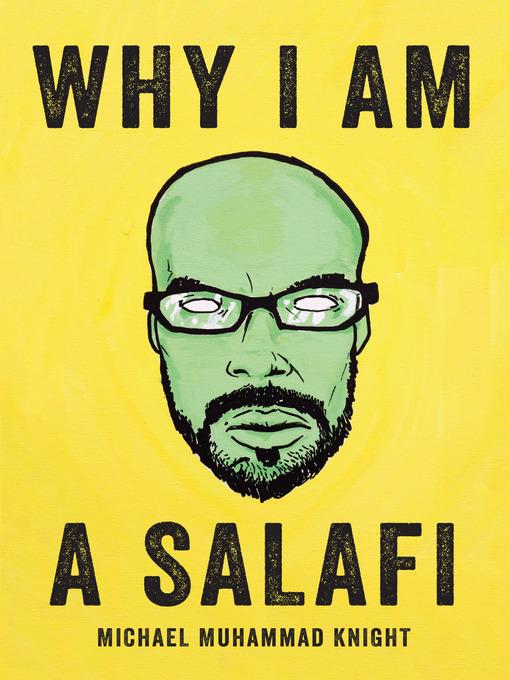
Why I Am a Salafi
کتاب های مرتبط
- اطلاعات
- نقد و بررسی
- دیدگاه کاربران
نقد و بررسی

Starred review from June 8, 2015
Knight (The Taqwacores) invites readers into “the desert of the real Islam,” offering a deconstructionist take on Islamic texts, tradition, transmission, and theology. Known for celebrating “an Islam of rejected possibilities and subaltern voices,” Knight takes a different tack here by focusing on the fundamentalist perspective. What he discovers is a personalized Salafism that focuses on his individual quest for spiritual origins. For much of the book Knight explains his personal evolution as a converted Muslim through discussions of his early, formative reading experiences (The Autobiography of Malcolm X, Yusuf Ali’s The Meanings of the Holy Qur’an) simultaneously introducing readers to many narratives, names, and notables from Islamic history. Yet his conclusion lacks insightful commentary on the habits of this lived and communal “post-authentic Islam,” which does the practicing Muslim reader little good. For Knight, there is no authentic, orthodox, or authoritative Islam, but instead a tangle of traditions. Although the book poses many difficult questions that are never answered, Knight’s ambitious scope and captivating voice make Why I Am a Salafi a must-read for those interested in an alternative side of Islam.

June 1, 2015
Knight (Tripping with Allah: Islam, Drugs, and Writing, 2013, etc.) traverses the scenic highways of Islamic history, seeking paths that connect him to Muhammad. Beginning as it does with the author tripping on hallucinogenic drugs, it quickly becomes clear that this is not the apologia for fundamentalist religion that the title might suggest. As the author writes, "some would find the comparison distasteful, but when it comes to manipulating reality, texts and drugs might not be so far removed from each other." Erudite, introspective, and relentlessly provocative, the author interrogates the traditions of Islamic historiography, Quranic exegesis, and hadith verification, elucidating how participating in the life of the Muslim community inevitably shapes, alters, and re-creates that community. Even when believers, in a Salafi vein, seek to do only that which was permissible to the Companions of the Prophet themselves, their actions and the justifications for those actions cannot help but be thoroughly modern, and the search for the ultimate origins becomes a hall of mirrors obscured by fog. In every reading of the Quran, writes Knight, "ideas that did not exist for the earliest Muslim community sneak [in]...find homes for themselves in the words, and give the appearance of having always been there." The author's humor and generosity of spirit shine through, but much will remain opaque to readers without a background in Islamic studies. The author is intimately familiar with obscure theological points from a dizzying array of traditions orthodox and heretical (or both at once), but he has curiously and uncharacteristically little to say about the lived experience of being Muslim and interacting with other Muslims. A vigorous treatment of how the sacred, in all its multifarious forms, continues to exercise power, even if sometimes it just feels like "we're arguing over what the mystery god intended to say in his address to a mystic in a cave some fifteen centuries ago."
COPYRIGHT(2015) Kirkus Reviews, ALL RIGHTS RESERVED.

























دیدگاه کاربران